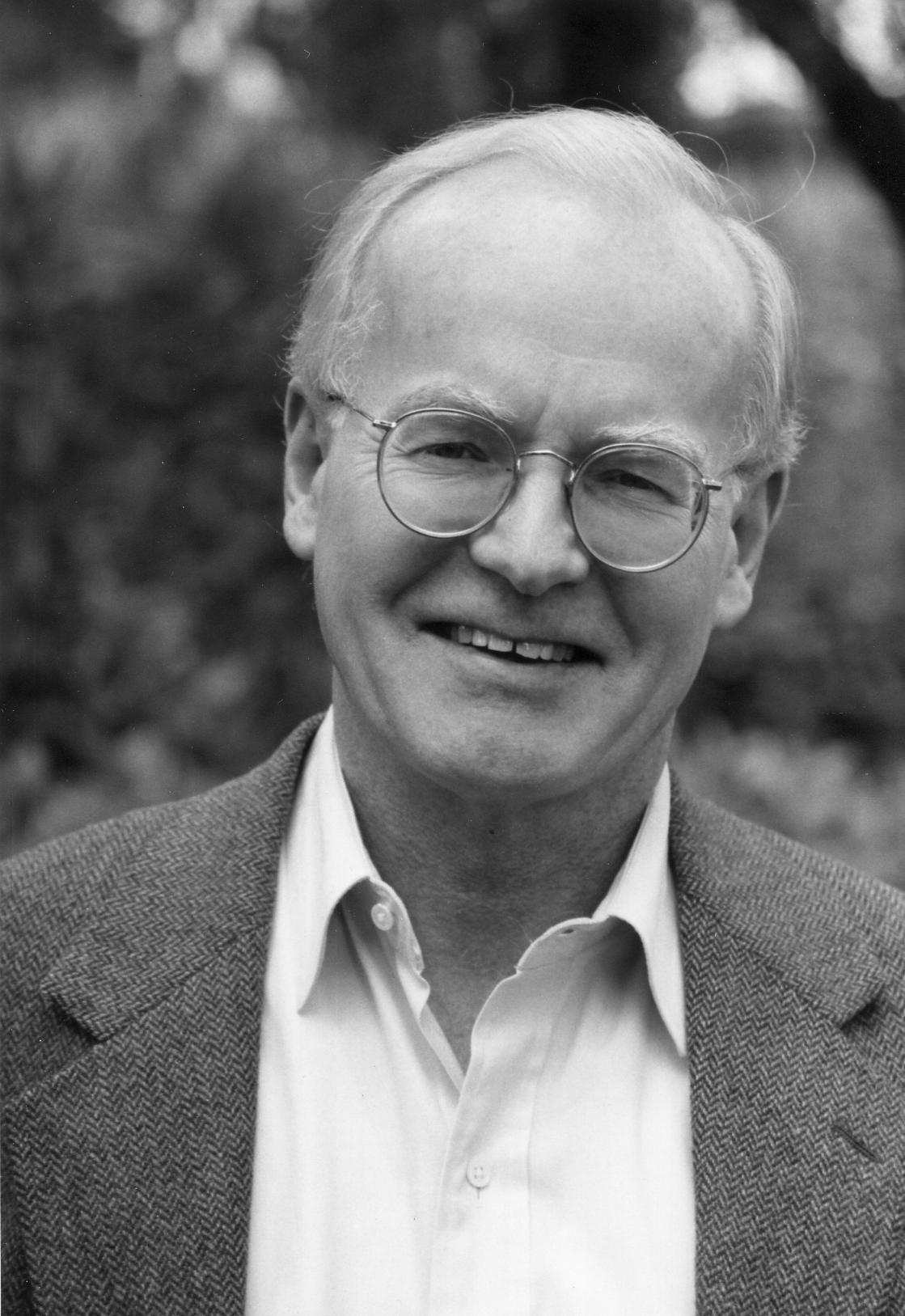
AnthonyFlood.com
Panentheism. Revisionism. Anarchocapitalism.

[link to CV]
From The Journal of Religion, Vol. 81, No. 4 (October 2001), 668-670.
Review of Lewis S. Ford, Transforming Process Theism. SUNY Series in Philo-sophy. Albany: State University of New York Press, 2000.
David Ray Griffin
This book is a continuation of Lewis Ford’s project, begun in The Emergence of Whitehead’s Philosophy (Albany, N.Y., 1984), to reconstruct the stages through which Alfred North Whitehead’s philosophy reached its final form. The title refers to both the transformations within Whitehead’s theism and Ford’s revisions of Whitehead’s final doctrine. Part 1, on “Whitehead’s Successive Concepts of God,” concludes with “Whitehead’s Problematic Legacy,” which is that the God portrayed in Whitehead’s final concept should be “imprehensible” and thereby unable to exercise causal influence. Part 2, which deals with several previous attempts to overcome this problem, argues that none is successful. Part 3 presents Ford’s solution, which reconceives God as “future activity.” The question raised by the first two parts is whether Ford provides a reliable guide to these issues. The question raised by the third part is whether Ford’s solution is viable. My answer to both questions is negative.
Part 1 revolves around the view that Whitehead’s Process and Reality (Cambridge, 1929) contains three concepts of God: early, middle, and final. The crucial claim is that the early concept portrays God as little more than the impersonal “principle of limitation” with which Whitehead concluded Science and the Modern World (New York, 1925). The problem is that in the intervening book, Religion in the Making (Cambridge, 1926), Whitehead portrayed God as personal. This problem leads Ford, insofar as he cannot explain away the apparent richness of the God-concept in the earlier book, to several speculations about why Whitehead retreated from that concept.
This problem is, however, entirely of Ford’s making. Methodologically, his mistake is to argue from silence. Although Ford admits that in the early stratum of Process and Reality the divine subjectivity is “not so much denied as passed over in silence,” he assumes that “Whitehead began with a rather minimal conception of God” (p. 60). Substantively, Ford creates his problem by misinterpretations (e.g., assuming that God as a “formative element” could not have been a concrete individual) and imposing his own views (e.g., that Whitehead, having called God “nontemporal,” could not have attributed subjectivity to God prior to the last statum, with its “consequent nature”).
Ford is right, in any case, to consider the final concept problematic: Whitehead insisted that God not be an exception to metaphysical principles, one of which is that an actual entity can be prehended and thereby exert influence only after it has reached completion; yet, Whitehead describes God as an everlasting actual entity while allowing worldly actual entities to prehend God. This “problematic legacy” brings us to part 2, devoted to “clearing the way of possible alternatives” to Ford’s own approach (p. 144). Most interpreters cleared away will find the treatment of their positions inadequate. Not surprisingly, I find this especially true of my preferred solution, pioneered by Charles Hartshorne, which reconceives God as an everlasting society of divine occasions of experience.
Ford admits that Whitehead’s objection to this view is not valid, but the same is true of Ford’s objections, which are either false, question-begging, based on imposed assumptions, directed at features of Hartshorne’s position overcome by later modifications of the societal view, or answerable (e.g., the charge that this view violates the denial of a cosmic “now” by special relativity physics; Ford’s rebuttal of my solution depends on misinterpretations).
Also essential for Ford’s position is his argument that all creativity for Whitehead is contained in present actual occasions so that all creativity is self-creation or final causation, so that past occasions are devoid of creativity. Faced with passages in Process and Reality speaking of a second mode of creativity, which is efficient causation from past to present occasions, Ford argues (pp. 44, 353, n. 7) that this idea was connected with Whitehead’s early view of transition, which he gave up (although Ford elsewhere admits that there are other views of transition consistent with Whitehead’s final position (pp. 334, n. 8, 338, n. 6). Faced with evidence in Adventures of Ideas that Whitehead tried to correct the impression that the past is passive, Ford strangely argues that this later book should be interpreted in the light of (what he considers) the final doctrine of the earlier one (p. 183). Ford thereby concludes that Whitehead’s position does not explain why present occasions have creativity.
Part 3 is devoted to answering this question along with that of how God, who as an everlasting concrescence cannot be prehended, can influence the world. Ford answers both questions by saying that divine activity, understood as future creativity, gives present occasions their creativity. Although Ford argues that this idea is intelligible, the very meaning of “the future” is that it is not yet actual—it matters not that Ford calls it a “becoming,” not a being.” A second problem is that, in seeking to overcome the way in which Whitehead’s God was exceptional, Ford makes God an exception to three metaphysical principles by having God exist in the future, exert causal influence from there, and exert causal influence without being prehended.
David Ray Griffin, Claremont School of Theology and Claremont Graduate University.
Back to David Ray Griffin Page